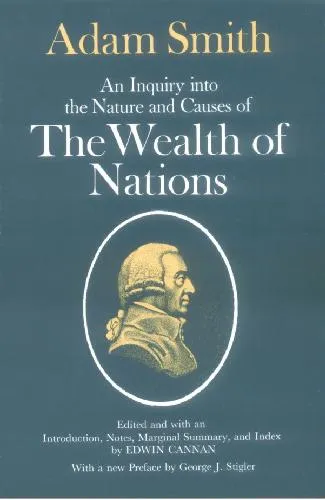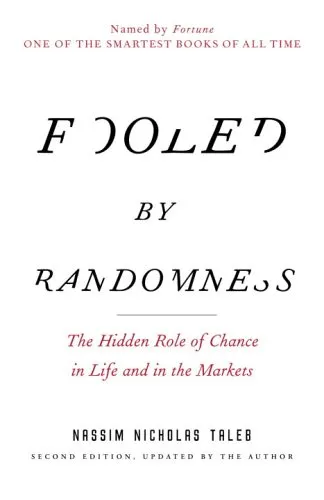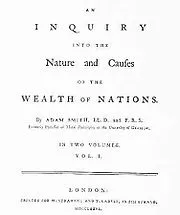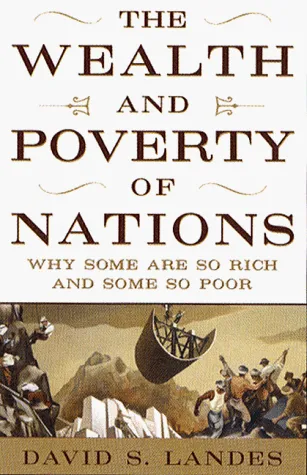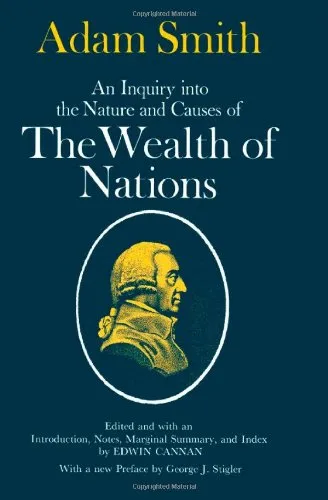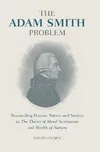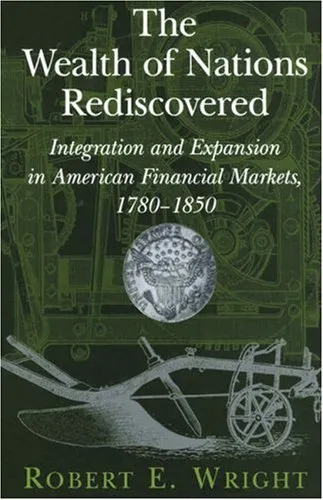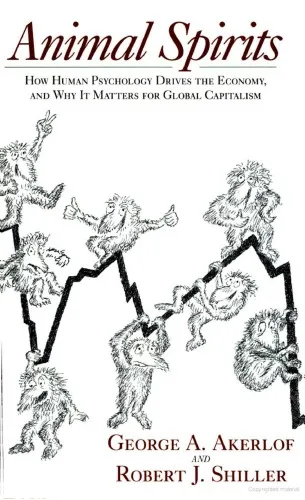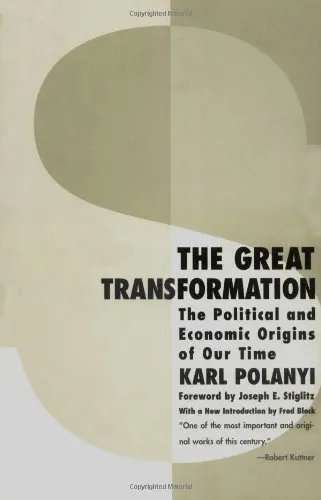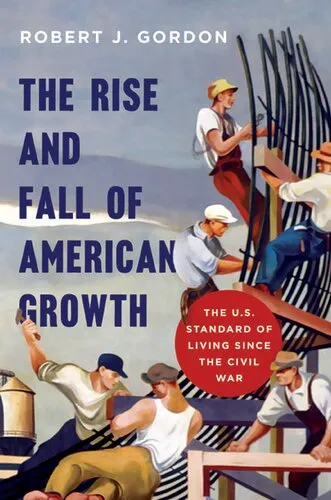The Wealth of Nations - An Inquiry Into the Nature and Causes of the Wealth of Nations
4.5
Reviews from our users

You Can Ask your questions from this book's AI after Login
Each download or ask from book AI costs 2 points. To earn more free points, please visit the Points Guide Page and complete some valuable actions.Related Refrences:
Introduction
Originally published in 1776, "The Wealth of Nations" by Adam Smith is a seminal work that paved the way for the modern understanding of economics. As an inquiry into the nature and causes of the wealth of nations, the book delves deeply into the economic systems of Smith's time, offering timeless insights that continue to resonate in economic thought and policy today. This introduction sets the stage for exploring the book’s central themes, its groundbreaking ideas, and the reasons for its enduring relevance.
Summary of the Book
"The Wealth of Nations" is divided into five books, each addressing a distinct facet of economic theory and practice. Smith begins by exploring the concept of division of labor, arguing that specialization increases efficiency and productivity. He then moves on to discuss the nature of wealth, distinguishing between productive and unproductive labor.
In Book II, Smith addresses the accumulation of capital, positing that savings lead to investment opportunities which drive economic growth. Book III examines the evolution of economic structures, contrasting rural and urban economies and highlighting the role of agriculture and commerce.
Book IV presents Smith’s critique of mercantilism, an economic theory that emphasizes the role of government regulation and trade surpluses. Instead, Smith advocates for free trade and minimal restrictions, laying the groundwork for classical economics. Finally, in Book V, he discusses the role of government, arguing for a limited but essential intervention in providing public goods such as education and infrastructure.
Key Takeaways
- Division of Labor: Smith elaborates on the efficiency gained from specialization, which boosts productivity and innovation.
- Invisible Hand: The idea that individuals pursuing their own interests inadvertently contribute to the overall economic good, leading to efficient resource allocation.
- Free Markets: Advocacy for minimal government intervention and the benefits of international trade.
- Capital Accumulation: Investment is key to economic growth, necessitating savings and prudent financial practices.
- Role of Government: While supporting free markets, Smith acknowledges the state’s role in providing essential services and infrastructure.
Famous Quotes
"It is not from the benevolence of the butcher, the brewer, or the baker that we expect our dinner, but from their regard to their own interest."
"By pursuing his own interest he frequently promotes that of the society more effectually than when he really intends to promote it."
"No society can surely be flourishing and happy, of which the far greater part of the members are poor and miserable."
Why This Book Matters
"The Wealth of Nations" is more than just an economic treatise; it is a cornerstone of modern economic thought, influencing generations of economists, policymakers, and thinkers. Smith’s pioneering analysis of market mechanisms laid the foundation for classical economics and informed the principles of capitalism that dominate global economies today.
By examining the dynamics of labor, trade, and self-interest, Smith provided a framework to understand how individuals and nations can thrive economically. His insights into the benefits of free market systems and the invisible hand concept have been instrumental in shaping economic policy and debate, making it an essential read for anyone interested in economics, history, or political science.
Free Direct Download
You Can Download this book after Login
Accessing books through legal platforms and public libraries not only supports the rights of authors and publishers but also contributes to the sustainability of reading culture. Before downloading, please take a moment to consider these options.
Find this book on other platforms:
WorldCat helps you find books in libraries worldwide.
See ratings, reviews, and discussions on Goodreads.
Find and buy rare or used books on AbeBooks.
1557
بازدید4.5
امتیاز0
نظر98%
رضایتReviews:
4.5
Based on 0 users review
Questions & Answers
Ask questions about this book or help others by answering
No questions yet. Be the first to ask!
